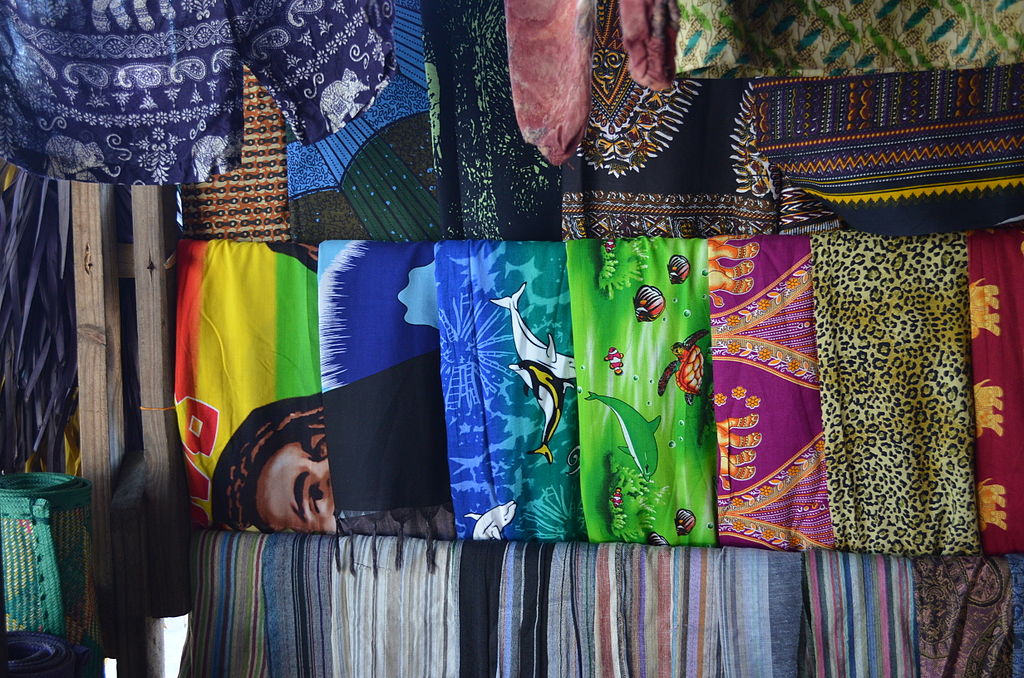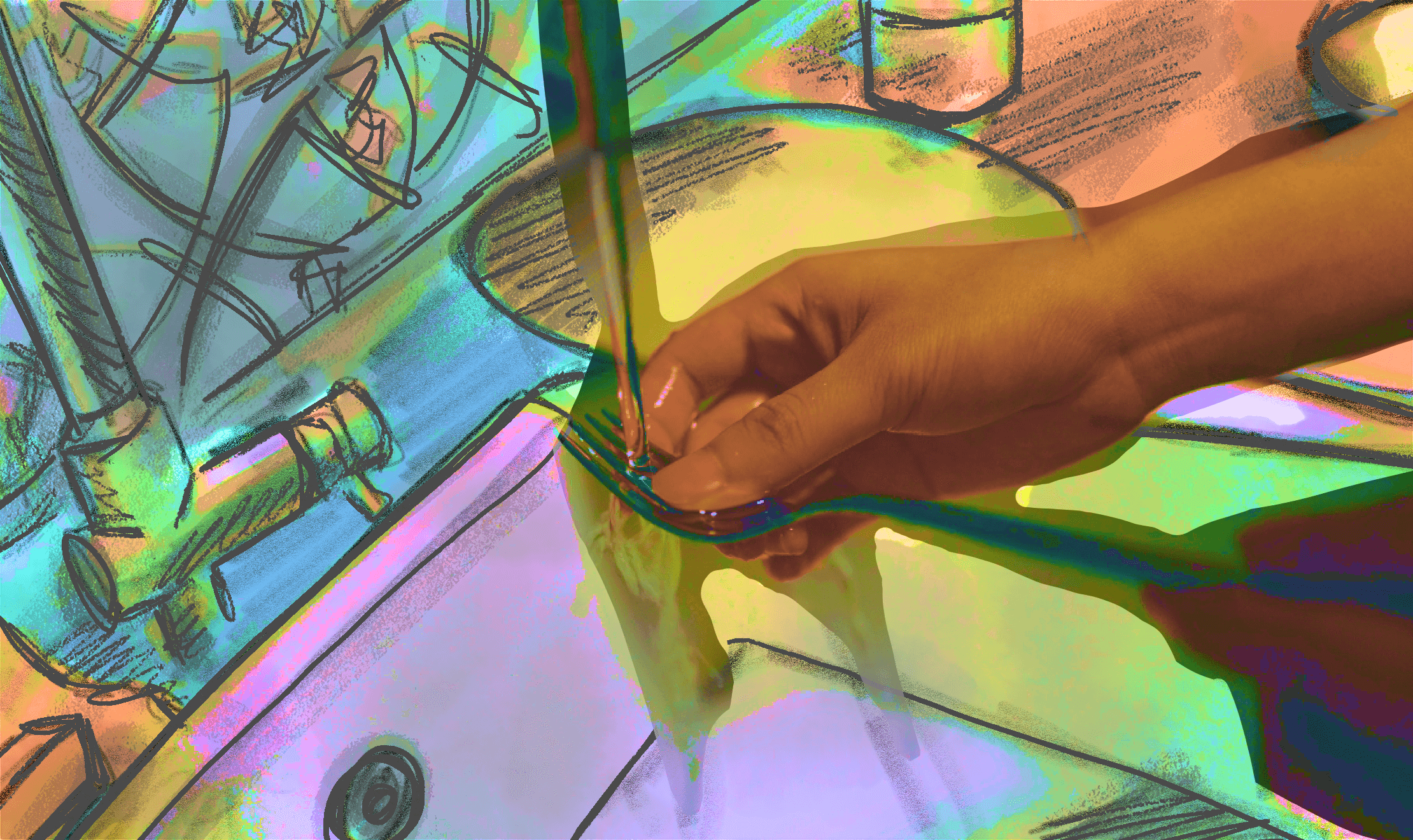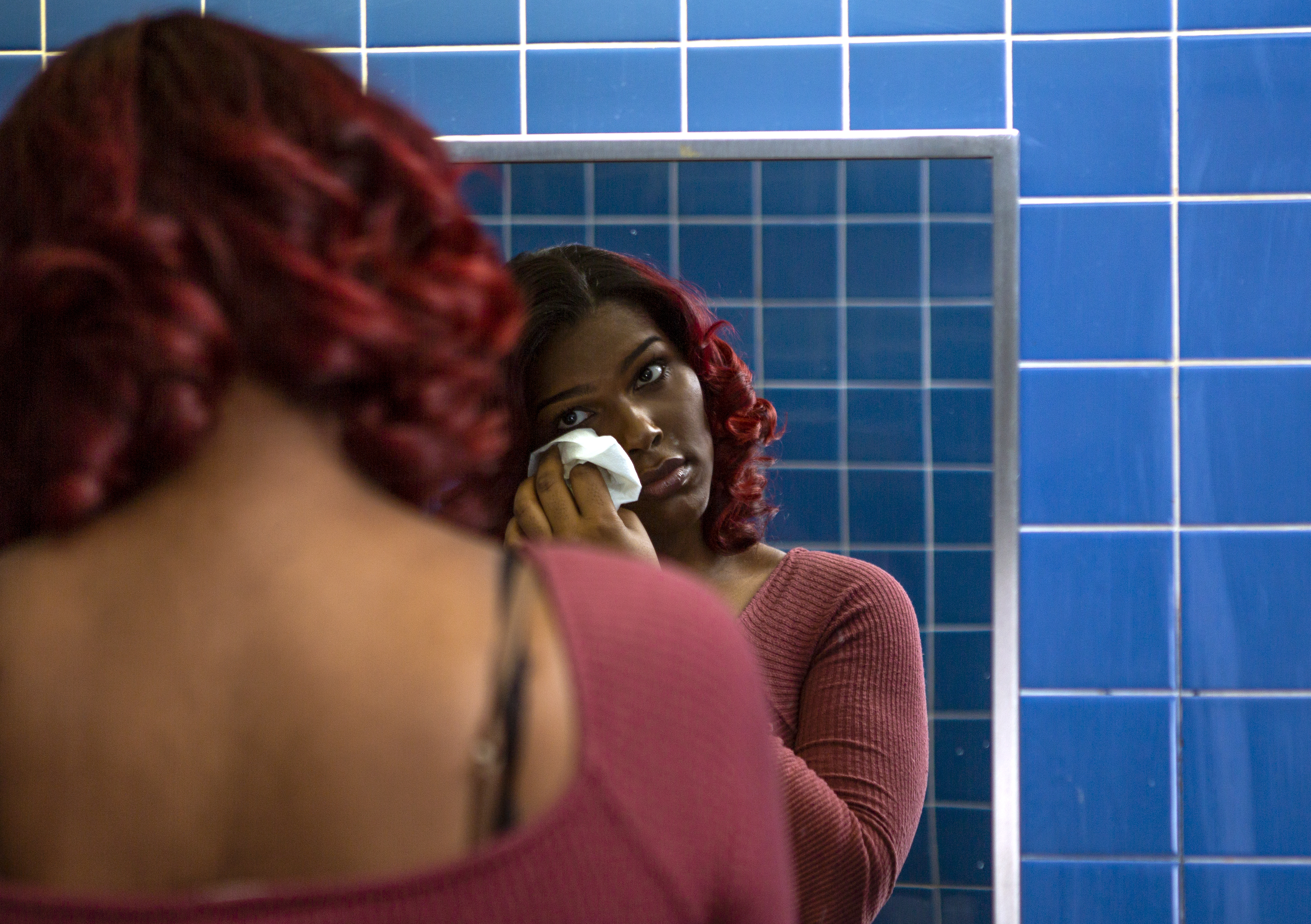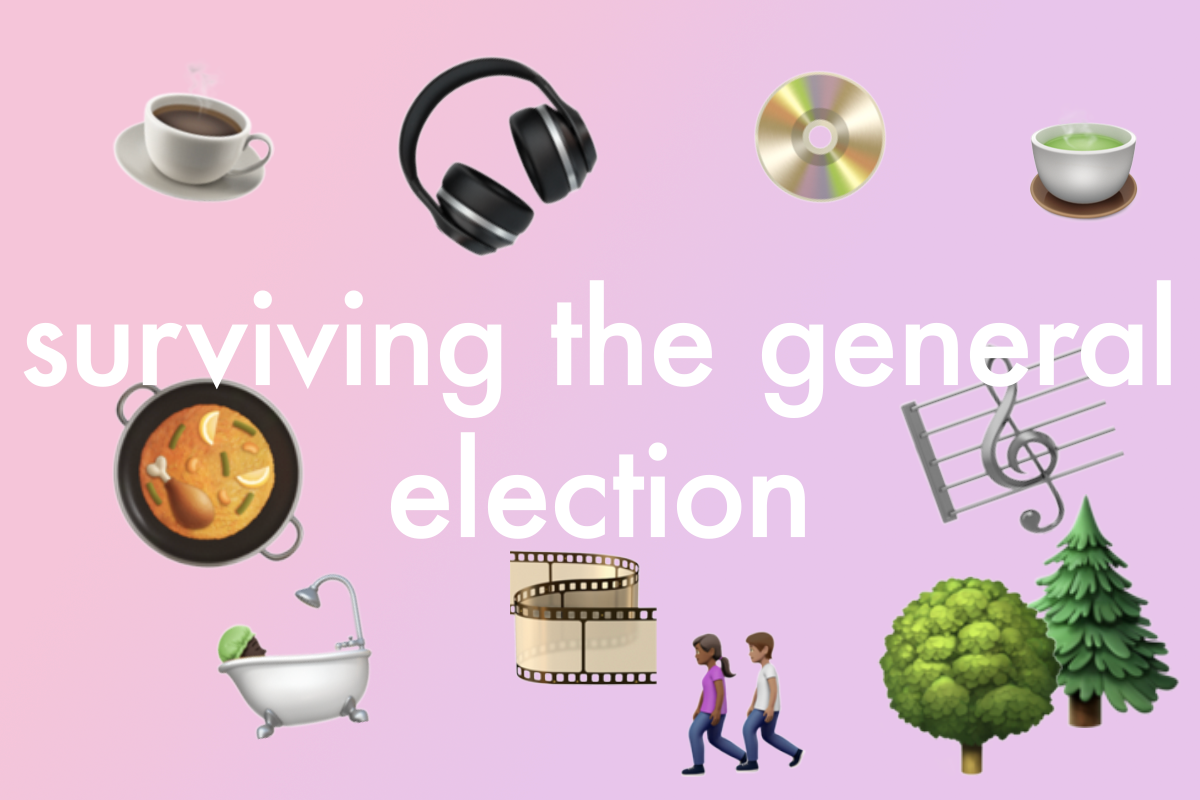
I broke my new year resolution on the thirteenth day of January. And I loved it. I loved it because the previous year I broke the same resolution on the second day of January. As you can see this is an improvement of a magnificent kind and should I succumb to temptation and break my new year resolution in 2018, I intend to make sure it happens after 13 January. I am a woman of progress after all. Each year, we all make resolutions that, for most of us, we either forget about or, like me, break them consciously. And frankly, I am tired of making the same goals each year that are not actionable in any way.
“Instead of setting arbitrary and impossible resolutions that were ‘breakable’, I vowed to let proverbs guide my dance into the year”
On the night before New Years, while writing an email to myself to be delivered in exactly a year’s time, I looked at a printed Kiswahili proverb that was written on a khanga (I’ll explain what this is in due course) I had wrapped around me and I had a eureka moment that recalibrate how I would go into the new year. Instead of setting arbitrary and impossible resolutions that were “breakable”, I vowed to let proverbs guide my dance into the year ahead. And in honour of that, I will go on to divulge the proverbs that I chose which, as an East African woman, I have heard said to me many times by the women of Zanzibar. But first, in order for you to understand the proverbs in the way that they are mainly presented, some context.
The Swahili language, known as Kiswahili, is a Bantu language that is spoken by people mainly in Eastern and south Eastern parts of Africa. I have always found it to be one of the easiest languages to learn as, considering there is no lexical tones, you’re able to read any word as it is written. Apart from being one of the most beautiful and “polite” languages, it is also one that has produced some of the best proverbs. I am of course biased since Kiswahili is my first language, but I make the statement with vigour and will stand by it wholeheartedly – I would even go as far as to suggest that the teaching of kiswahili proverbs outank Arabic and Chinese ones.
“I could not begin talking about Kiswahili proverbs without mentioning the vessel that allows such proverbs to remain popular to this day”
Such proverbs are printed on a piece of cloth that nearly every woman and indeed some men wear in Zanzibar and most parts of Tanzania. This cloth is called the Khanga, which is a colourful printed garment made out of cotton measuring around 1.5m by 1m. It comes in pairs, so a woman usually wraps one around the lower half of her body and another on the top. The Khanga is embedded deeply into the day-to-day life of women in the ‘African Great Lakes’ region and its cultural significance is so paramount that I could not begin talking about Kiswahili proverbs without mentioning the vessel that allows such proverbs to remain popular to this day.
Khangas are given to young girls at every celebratory occasion; my own mother has a treasure chest for when one of her children marries. On these Khangas are proverbs, aphorisms and more modern ones contain slogans fit for any occasion. They are worn every day, on special occasions, they are worn to communicate to friends, to ‘shade’ enemies, to fend off evil, to show that you mean no harm. They are another communication tool. A walking, talking piece of art.
Now that you know what inspired my new resolutions, I wanted to share five helpful Kiswahili proverbs that I believe will do every woman well, should they choose to embed their teachings into their 2018 life.
“Kila Ndege huruka kwa bawa lake” – Every bird flies with its own wings.
This is my mother’s favourite proverb following “mwizi ana siku arbaini” (a thief only has 40 days which highlights how a liar will one day be caught). It is a fairly simple proverb that shows that you must never compare yourself to others because you cannot fly or succeed with someone else’s wings. It calls for a belief in your own abilities as comparison is the thief of joy, as they say it. However, to delve deeper, there is a feeling that gets lost in the translation above. This feeling is “strength”. Often this proverb is told to those who feel they are not capable of doing things that others can due to a lack of strength, an inability to “ruka” – to fly. Each and every woman has their own strength that is unique to them, and in the process of discerning what that power is, in the process of fuelling your wings with the right force, you can indeed fly. It is not enough to imitate what others have done in order to be successful, each wing is different and consequently needs a different strength. So, with the guidance of this proverb, find your own particular strength to fly with your own wings. Find your fuel and power your flight.
“Mtoto akilia wembe mpe” – When a child cries for a razor, give it to him.
We all know that experience is the best of teachers and this proverb says just that. You may ask why I have chosen to use a proverb that mothers say to their stubborn kids when they have had enough of not being listened to. This is because I welcome the wembe – the razor. As you get older, only experience can teach you and only experience can help you make mistakes that will shape your learning. So, I’m turning this proverb on its head. I mean it literally rather than ironically which is how it is normally said to others. Should you fail in your 2018 endeavours, fail forward. Should you be stung and bleed in your 2018 experiences, wrap your wound up, cry for more razors and accept them openly when the world gives them to you.
“Usiache kunanua kwa kutega” – Do not neglect the undoing (of a trap that has caught) for the setting (of others).
Often when we are faced with challenges, we sometimes give up on chasing what we think is easy, but as a complimentary saying that goes hand in hand with the above phrase, “a bird in hand is worth two in the bush”. Working through difficulty with the patience it takes to untie a knot can bring a much better reward than finding the easier route out. So, this 2018, stop a little and untie the knot. Take your time and “usiache”
“Mwenda bure si mkaa bure, huenda akaokota” – The one who walks idly is not like the one who sits idly. The one who walks might pick up something.
If I had to choose a favourite proverb, it would be this one. A self-explanatory saying that can motivate even those who have no clue of their purpose. Many of us already know our dreams and aspirations and some of us do not. I guess, this is for the woman who has entered 2018 with no set resolutions, a dimmed hopelessness, a sadness. I say to her, walk idly rather than sit idly for you may find something on your way that you would have never dreamed of seeing. You may come to know something that sitting idly would not have given you. You may not have a destination but you can definitely have a journey.
And finally, the last proverb to guide your 2018.
“Jogoo la shamba hiliwiki mjini” – the village cock does not crow in town.
I had quite the debate with a fellow Kiswahili speaker about the meaning behind this proverb. I had taken it to mean, know your lane and be excellent in it – be it the village or the town. They had thought it too mean, the town requires a different type of crowing which cannot accommodate the village crow. So don’t crow where you are not wanted. I of course like my own version better. So, let 2018 be the year we take our crowing to town.









